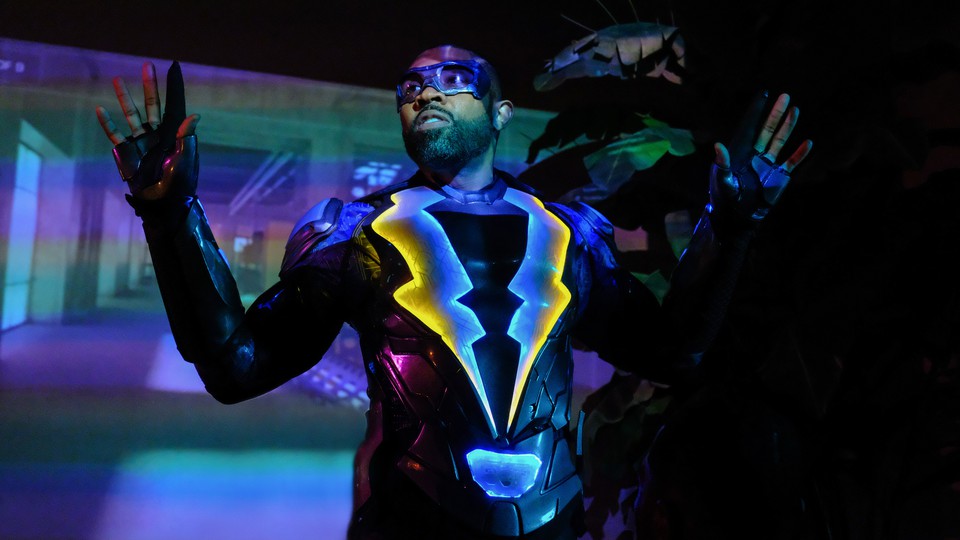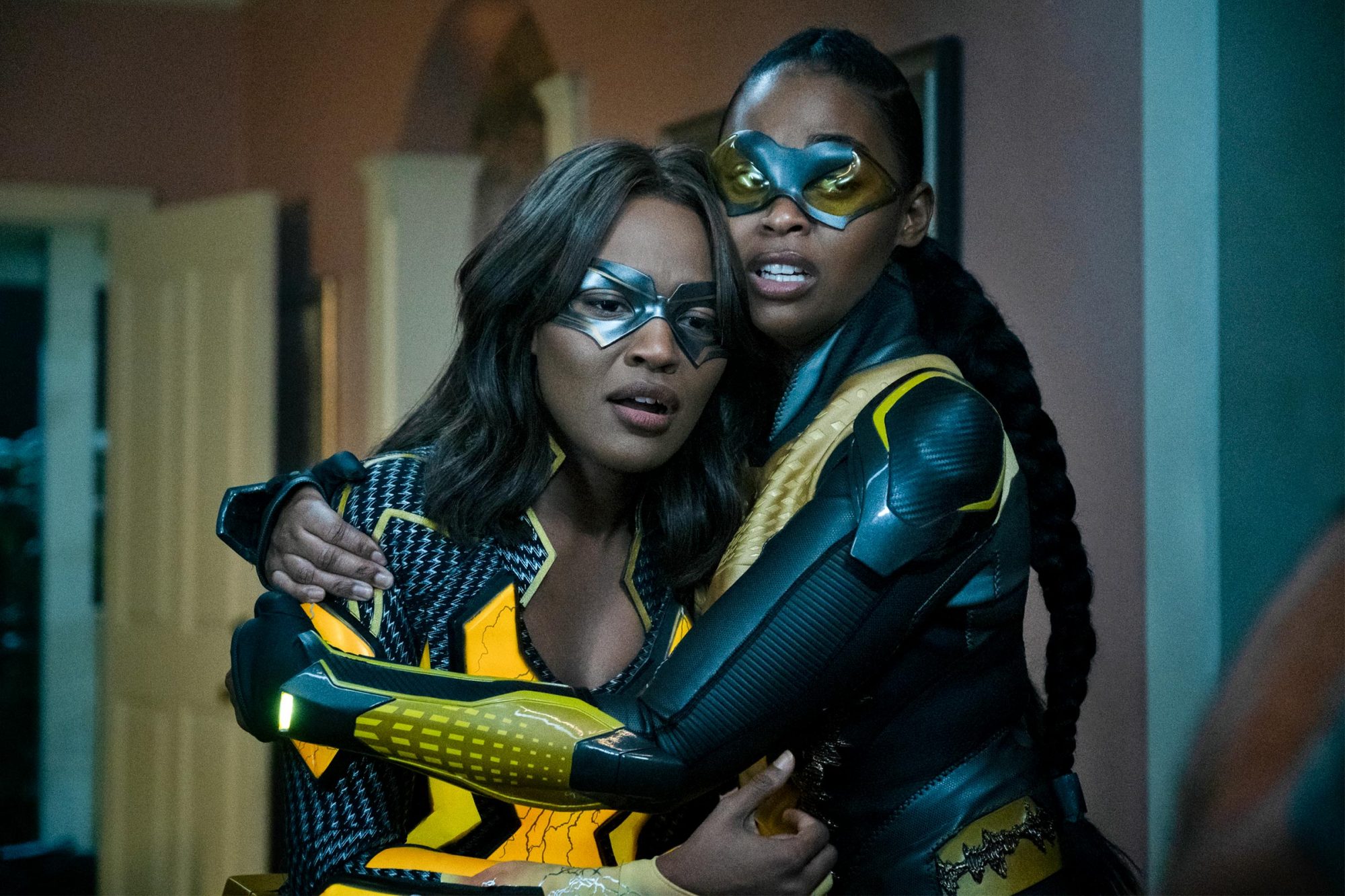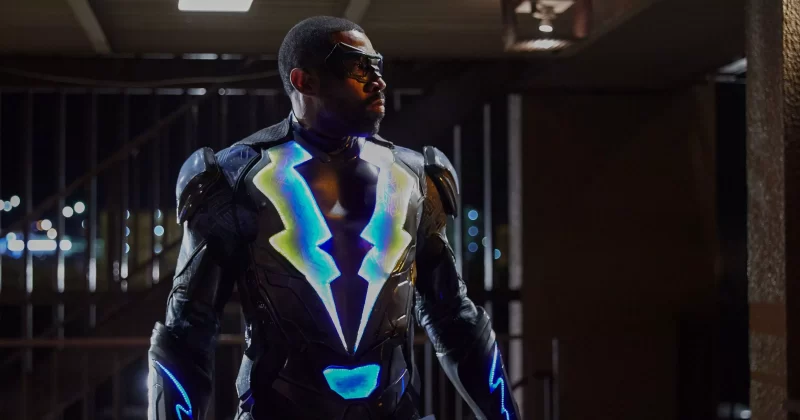When the CW announced the arrival of “Black Lightning,” one of the superhero series, I had thought that we would encounter yet another classic superhero show. However, I was mistaken. “Black Lightning” has a structure that is quite different from the clichéd superhero foundations, as it not only tells a superhero story but also captures a snapshot of the community on the street corners. It’s not just the story of a hero fighting against evil; it also offers a perspective on how the existing evil has already harmed society.
In brief, here’s the story: Jefferson Pierce, a school principal who gave up his Black Lightning identity both to protect himself and to achieve the part of being helpful without being a superhero, is a man who has worked to establish order in a predominantly African-American school. However, no matter how well he has organized things, the neighborhood’s gangsters eventually cross his path. Jefferson, who doesn’t care about crime as long as it doesn’t affect him or his loved ones, decides to return to his old costume and resume heroism when the events start affecting his daughters. However, no matter how much heroism he practices, people do not seem to get any smarter.

If you’re looking for a superhero series where a superhero fights new villains in every episode and battles a super-powered adversary, this is not that series. At its core, it deals with problems created within the African-American community. While Jefferson, who is motivated to read and succeed in life, appears to have gangsters as his main enemy, the real enemy is the psychological backwardness deeply embedded in the minds of the community. Rather than building a future for themselves, the community has chosen to use non-existent problems and difficulties as their concern, and the series explores this issue in great depth. The show’s villains have taken this distortion as their weapon.
The concept of rejecting opportunities that are available is at the heart of many projects today, and “Black Lightning” addresses this fundamental issue. However, this creates a complicated conflict that is difficult to resolve. There are problems that the hero cannot solve with his costume. Although the resources are limited or insufficient, the series delves into why the African-American community turns to crime for easy money, and it’s discussed with historical context. However, the show’s attempt to emphasize that times have changed and perspectives should also change, especially with Jefferson leaving his costume behind, is not enough to conquer the deep-rooted psychological issues of evil.

From its cinematography to the handling of the story, “Black Lightning” is quite a successful series. Over time, it takes a rather interesting direction. Social problems, villains, and government secret operations make up the bulk of the show’s action. Cress Williams, who portrays Jefferson and the villains, delivers strong performances, but it’s not easy to say the same for the others. Nevertheless, the show is quite successful in terms of its fluidity and keeps the viewer engaged.
With its second season on the way, “Black Lightning” is progressing towards a more complex and intricate season. If the problems they wanted to convey in the first season continue, CW will have made a significant achievement after many years. It’s not just about superheroes fighting villains, but people who have problems because they are human and part of life, and of course, they reflect this in their superhero identities. This type of approach has always been successful when chosen, but superhero series or films are usually designed to entertain children.
If you want to watch a fluent, issue-oriented superhero series without exaggerated super battles, I strongly recommend “Black Lightning.”

Cast & Crew
creator: Salim Akil
starring: Cress Williams, Nafessa Williams, Christine Adams, China Anne McClain, Marvin Jones III, James Remar, Jordan Calloway
USA | 2018 | 13 EPISODES |
